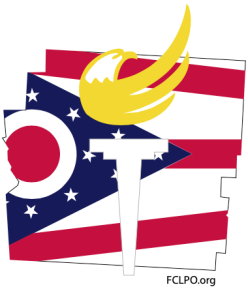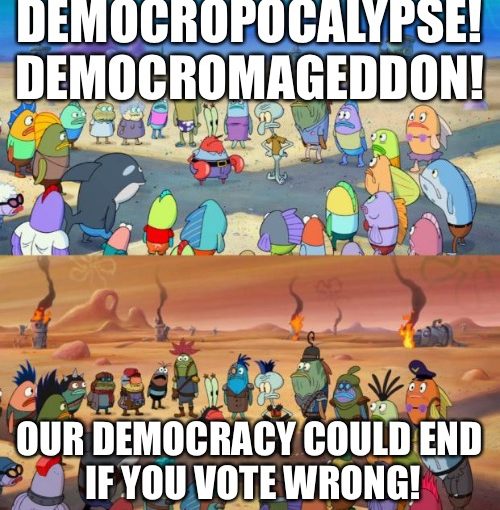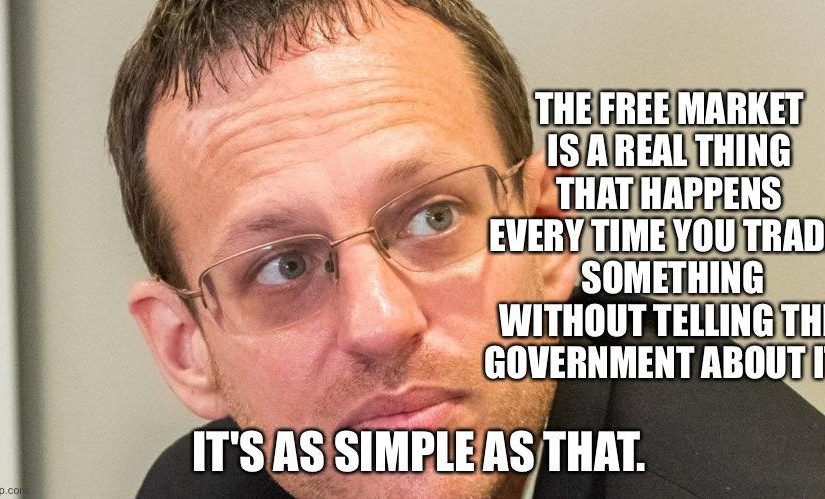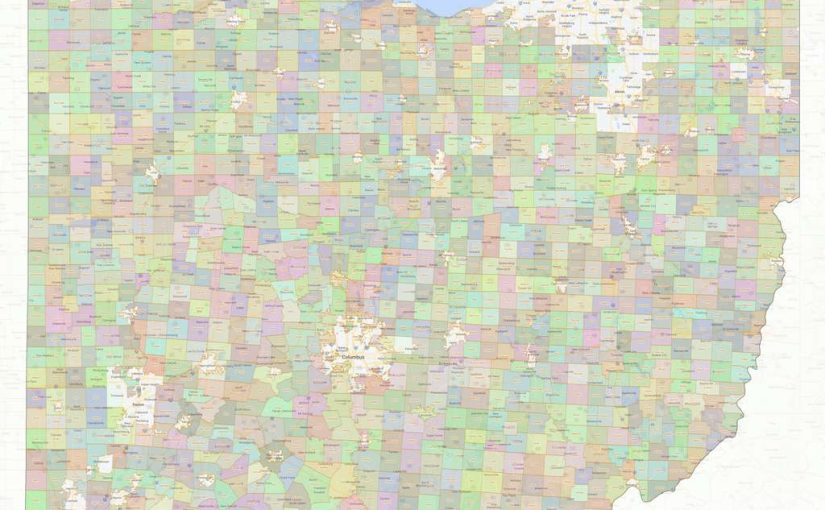Category: Political Opinion
Our democracy could end if you vote wrong!
The green delusion.
How poverty is criminalized.
When you point out the racist origin of “No Shoes, No Shirt, No Service” signs and the other person can’t help but make it weird.
When someone says “We’re gonna vote them out” with a straight face.
Have we reached the ultimate stage of absurdity where some people are held responsible for things that happened before they were born, while other people are not held responsible for what they themselves are doing today? – Thomas Sowell
The free market is a real thing that happens every time you trade something without telling the govt about it. It’s as simple as that. – Spike Cohen
#ThinkLibertarian
Amendment Proposal: Elimination of Townships and Reallocation of Their Powers and Responsibilities
Section 1: Purpose
The purpose of this amendment is to streamline local governance in the State of Ohio by eliminating the township form of government and redistributing its powers, responsibilities, and resources to counties and municipalities. This change aims to reduce redundancy, enhance governmental efficiency, and improve service delivery to Ohio residents.
Section 2: Elimination of Townships
(A) Effective [insert date], the township form of government is hereby abolished in the State of Ohio.
(B) All legal, administrative, and fiscal functions currently exercised by township governments shall be reassigned to counties and municipalities in accordance with this amendment.
Section 3: Redistribution of Powers and Responsibilities
(A) County governments shall assume responsibility for:
(1) Road maintenance and infrastructure formerly under township control.
(2) Zoning and land-use planning not currently managed by municipalities.
(3) Cemetery operations and maintenance.
(4) Any additional services or responsibilities as determined by the General Assembly.
(B) Municipalities shall assume jurisdiction over local services within their existing boundaries, including:
(1) Law enforcement and fire protection where previously provided by townships.
(2) Local parks and recreation services.
(C) The General Assembly shall establish a transitional commission to oversee the reassignment of responsibilities, ensuring continuity of services for all Ohio residents.
Section 4: Transfer of Assets and Liabilities
(A) All township assets, including but not limited to real property, equipment, financial accounts, and records, shall be transferred to the respective county or municipality based on the location of the asset or the nature of its use.
(B) All township liabilities, including but not limited to outstanding debts and contractual obligations, shall be assumed by counties or municipalities in proportion to their jurisdictional authority or benefit.
(C) The General Assembly shall enact laws to facilitate the equitable redistribution of township resources.
Section 5: Transitional Governance
(A) A temporary commission, known as the Ohio Township Transition Commission, shall be established within 90 days of this amendment’s ratification.
(1) The Commission shall include representatives from counties, municipalities, and state government.
(2) The Commission shall develop and publish a comprehensive transition plan within one year of its formation.
(B) Township officials holding office on the effective date of this amendment shall serve as advisors to the Transition Commission until their terms expire.
Section 6: Amendments to Existing Laws
(A) The General Assembly shall amend or repeal all state laws that conflict with the elimination of townships as required by this amendment.
(B) Counties and municipalities shall have two years from the effective date of this amendment to adopt ordinances or resolutions necessary to fulfill their new responsibilities.
Section 7: Severability Clause
If any provision of this amendment is held invalid, the remaining provisions shall remain in full force and effect.
Submission to the Electorate
This amendment shall be submitted to the electors of the State of Ohio at the next general election occurring at least 90 days after its ratification by the General Assembly.
This is a draft proposal for discussion purposes only and not endorsed by FCLPO.
Eliminating townships in Ohio to reduce govt
Townships in Ohio should be eliminated because they create unnecessary layers of government and waste taxpayer money. There are 1,308 townships in Ohio, each with its own set of officials, services, and budgets. This results in a fragmented and inefficient system that causes confusion, duplication, and excessive spending. Consolidating townships into counties or cities would simplify governance, cut costs, and improve the delivery of services to citizens.
One of the main problems with townships is the duplication of services. Often, the same services are provided by both the township and the county, such as road maintenance, emergency services, or zoning. This overlap creates inefficiencies and forces taxpayers to pay for services they may not need or use. By eliminating townships, services could be streamlined, and governments could focus resources on what is actually necessary, avoiding wasteful spending.
Another issue is the lack of accountability in township governments. Township boards, often made up of just a few elected officials, do not have the same level of oversight or transparency as larger city or county governments. This lack of checks and balances makes it easier for corruption or mismanagement to go unnoticed. By consolidating townships, oversight would improve, and taxpayers would have more control over how their money is spent.
In addition, many townships struggle with financial problems. With smaller populations and limited budgets, some townships cannot provide the level of service that citizens expect. This leads to higher property taxes to cover shortfalls, which hurts residents and businesses. Eliminating townships would allow for more efficient use of resources, as larger counties or cities can pool their resources and provide services at a lower cost.
Another point is that townships often make it harder for residents to have a direct impact on local government. Township meetings tend to be less accessible, with fewer public hearings or opportunities for input. This makes it harder for residents to voice their concerns or engage with the government. By consolidating townships into larger counties or cities, local governments would be more transparent and responsive to the needs of residents.
Finally, the existence of townships can create confusion for residents, especially those living near township borders. Different sets of laws, taxes, and services apply depending on where a person lives. This lack of uniformity creates confusion and makes it harder for people to understand their rights and responsibilities. A county- or city-based system would offer greater consistency and clarity, making life simpler for residents.
Eliminating townships would also encourage more economic growth. A unified government structure would make it easier for businesses to navigate local regulations and access services. This could attract more investment, as businesses would have to deal with fewer bureaucratic hurdles. In the long run, a more efficient government structure would help promote economic development and job creation.
In conclusion, eliminating townships in Ohio would create a more efficient, transparent, and accountable government. It would reduce wasteful spending, improve service delivery, and simplify the lives of residents. By consolidating townships into counties or cities, Ohio would benefit from a more streamlined and effective system of governance that better serves the people.









